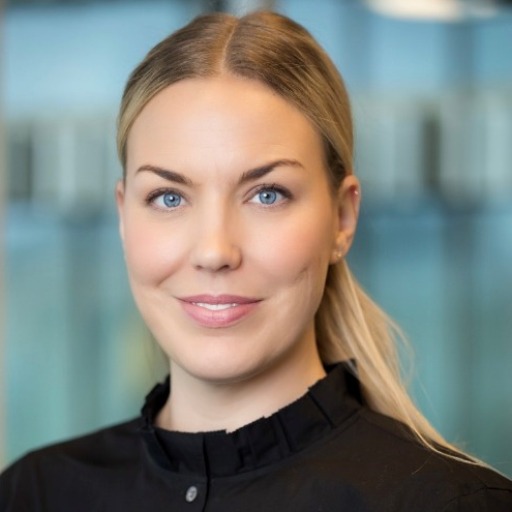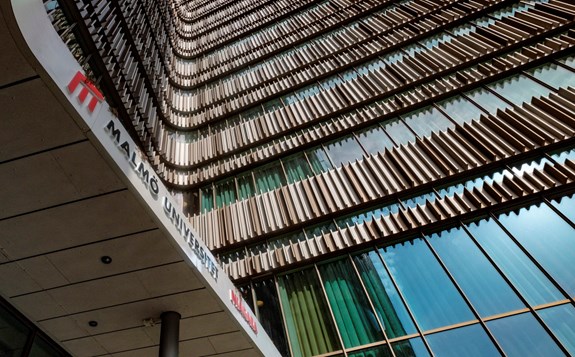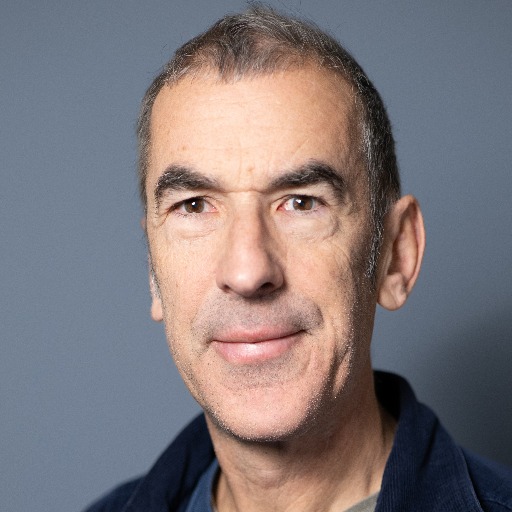Research centre to morph into inter-faculty network organisation

Work environment issues always need to be recognised and studied, says Lisa Ringblom.
How do we achieve both good working environments and good working conditions? Since 2008, the Centre for Applied Working Life Research and Evaluation (CTA) has conducted multidisciplinary and practice-oriented research focusing on organisational and work environment issues.
“Researching and focusing on work is always important because working life is a huge part of an individual’s life, and also important to organisations and society. It is fundamental and central in many ways," says Lisa Ringblom, the coordinator at CTA.
The research centre conducts multidisciplinary research in working life and organisation; these include the work environment, cooperation, leadership, and organisation. Some 20 researchers from all the University's five faculties are linked to the research centre, which, among other things, develops tools and methods that can contribute to the utilisation of research. Changes in society – such as increased digitalisation and the possibility of working from home – can inspire new areas of research, but the core issue is always the same:
How do we achieve a good working environment and good working conditions?
Ringblom is a social scientist with degrees in both gender studies and political science and has a PhD in labour studies. What has always followed her is an interest in organisations and gender issues and the importance of gender in working life. She is currently researching the increase in the proportion of female lorry drivers.
During the year, the Malmö Working Life Symposium will discuss the latest findings on the social and organisational work environment, which is CTA's focus. A workshop has also will been held on COPSOQ, a survey tool for investigating the work environment in workplaces. Participants from over 20 countries registered.
A third major event is the Malmö Work Science Meeting, which will bring together both researchers and practitioners for a conference on current working life research.
Following a decision on core funding for Malmö University's research centres, it was announced that funding for CTA will be phased out over a two-year period: this year the centre will receive 50 per cent of its current core funding and 25 per cent in 2026. CTA is currently in a transitional phase, moving from a research centre to an inter-faculty network organisation.
“Our focus will continue to be on research, and our hope is that we will be able to continue conducting interdisciplinary research with a focus on organisational and social issues,” says Ringblom.



